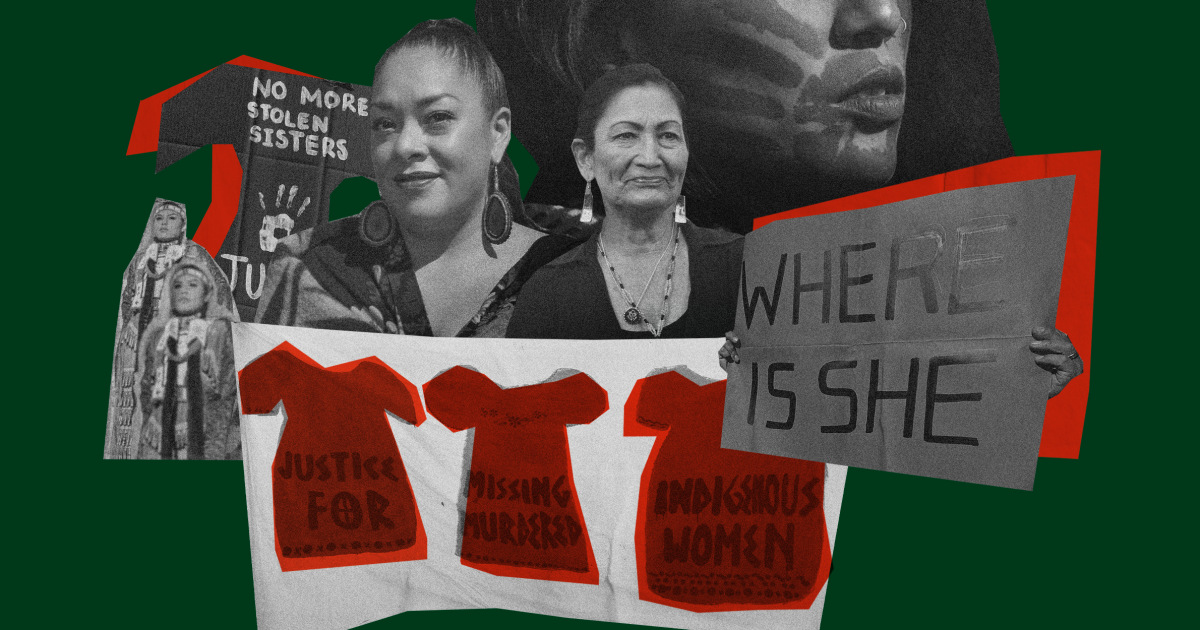
In the last few years, nearly a dozen states have created task forces on the issue, and Echo-Hawk and other Indigenous researchers and advocates are pushing more states to do the same — and to fund the changes the panels recommend. In Minnesota, Lt. Gov. Peggy Flanagan, a Democrat who is White Earth Band of Ojibwe, has pushed for funding for justice reforms. The task force there led to the recent establishment of an office to investigate cold cases, using Covid-19 relief funding.
This month, Washington Attorney General Bob Ferguson, a Democrat, announced his state would create a task force as well. The 21-member group of representatives from tribal nations, community outreach organizations and the criminal justice system will look at best practices for data collection and crime reporting. The task force has $500,000 to spend over the next two years and hired a small staff.
“The incomplete nature of the data, if I’m putting it charitably, has been a challenge for us,” Ferguson said.
Addressing the patchwork of criminal jurisdictions in Indian Country — which requires prosecutors, and sometimes law enforcement, to determine whether tribes, the state or the federal government has authority in a case — is already difficult, he said. But it’s an even more daunting task when law enforcement doesn’t know how many cases exist.
One of Echo-Hawk’s strategies is a novel workaround: Since law enforcement generally does not collect data on tribal affiliation, this year she helped the King County Prosecuting Attorney’s Office, which covers Seattle, set up a system to gather this information from victims and their family members when a case is referred for prosecution. The office also created a system to share resources and information with tribes.
Aubony Burns, a senior deputy prosecuting attorney in King County, said she and her co-workers found the Seattle Indian Health Board’s report “startling,” and after an inventory of their cases, she said they realized “we had huge holes in just the basics of our data.”
For Burns, a citizen of the Choctaw Nation who works in the office’s sexually violent predator unit, it was an urgent call to action to collect better crime data, which determines the prosecutions that get resources and attention. “If we’re not keeping it right and addressing it in the correct way, then it’s really useless, right?” she said.
The program is new, but Burns said in the coming months she expects data on tribal affiliation to illuminate the needs of the Indigenous peoples in King County.
Since the 2018 study, both the Seattle Police Department and the Washington State Patrol have put funding toward cases involving missing or murdered Indigenous people, but neither has started gathering tribally specific data. The Seattle Police Department has worked with the Seattle Indian Health Board to analyze the data collection process and hired a data adviser on this issue, said Sgt. Randall Huserik. The Washington State Patrol has hired two tribal liaisons to review data for racial misclassifications, help families report crimes and investigate older cases, said Capt. Neil Weaver.
Source: | This article originally belongs to Nbcnews.com









